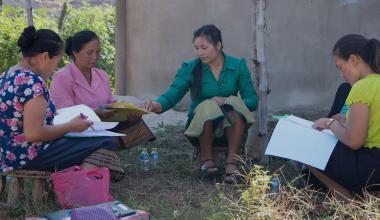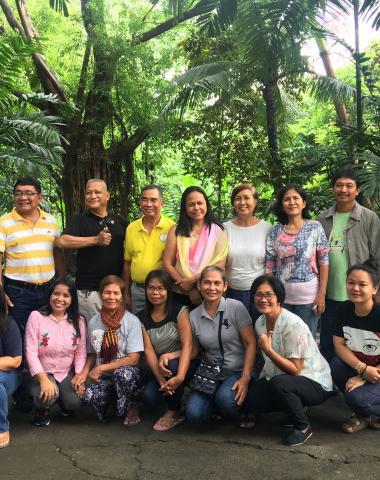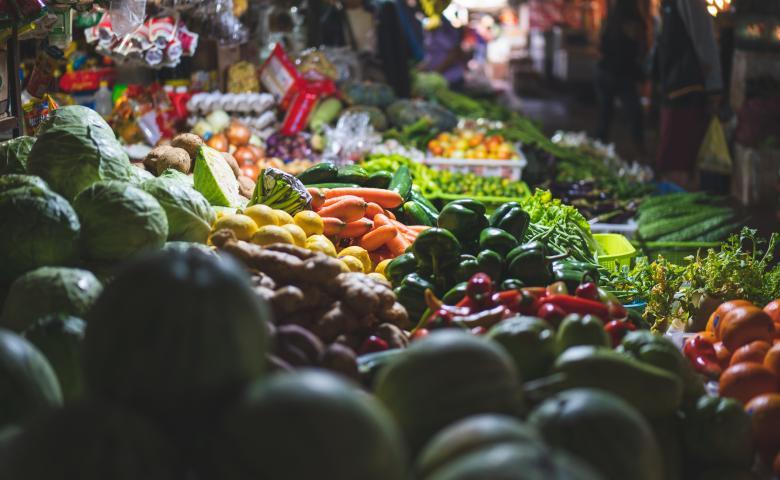Authored by the PGS Pilipinas Secretariat.
The organic agriculture movement in the Philippines celebrated a significant event on 23 December 2020. It was on this day that the Republic Act 11511, or Amendments to Organic Agriculture (OA) Act of 2010, was signed into law by President Rodrigo Duterte.
After almost a decade of dialogue and lobbying with the national government, PGS Pilipinas, the national network of participatory guarantee systems (PGS) practitioners, receives this news with elation. This is because finally an organic agriculture law was enacted that is inclusive and recognises the role of small farmers in ensuring safe, affordable and accessible food.
Previously, Section 17 of the OA Act of 2010 stated that only products certified under Third-Party certification could be labelled organic. This section restricted small farmers who could not afford third-party certification but were practicing organic farming. This deprived small farmers the right to label and market their produce as organic.
RA 11511, however, addresses this key concern. The law finally recognises Participatory Guarantee Systems as a credible and affordable way to certify organic produce.
PGS as a certification system is a better fit for the country’s economic, geographical and cultural conditions. Advocates of organic agriculture in the Philippines promote PGS not only because it is more affordable, but also because it is the system that promotes core-value formation and solidarity among stakeholders—including farmers, consumers, non-governmental organisations, church-based groups, academics, local government units and advocates.
It strengthens cooperation, trust, and honesty while encouraging the sharing of knowledge and practices. Most importantly, PGS serves to empower small farmers to uphold and perform key roles in the development of organic agriculture for rural development and poverty alleviation.
While the new OA Law is indeed a welcomed development, the PGS Network encourages all its members to be pro-active in the series of public consultations, especially in the drafting of the law’s implementing rules and regulations (IRR). This will not only be a litmus test of the law’s “participatory” nature but would also be a great opportunity to show how the organic movement has grown in depth and scope through the years.
Active participation in public consultations is crucial in order to register legitimate concerns, especially of small farmers. PGS Pilipinas reiterates its position that the law should ensure that OA capacity-building should be directed at small farmers and done within communities, as well as recognise hands-on organic farmers’ theoretical and practical capability to conduct training for communities. Likewise, the availability of resources—such as organic seeds—for farmers who want to convert to organic production should be ensured and government resources for organic agriculture be directed to areas where there is pronounced poverty or hunger.
In ensuring a fair and transparent implementation of the law, there must be a clear process and mechanism from the national to the local government units, especially the latter’s important role in protecting OA zones.
With appropriate and suitable implementation, the law would primarily help build a sustainable food system, which is imperative during crises such as the Covid-19 pandemic. It is for this reason that PGS Pilipinas believes that the law must prioritise small farmers in their recognition and support, and must create a favourable environment to catalyse the adoption of organic agriculture.
The task of building a better, more sustainable future is at hand. The passing of the law is just a mere step, but it is certainly a step in the right direction. In the long run, empowering the small farmers’ sector through organic agriculture capacitation will help foster inclusive progress and rural development.






